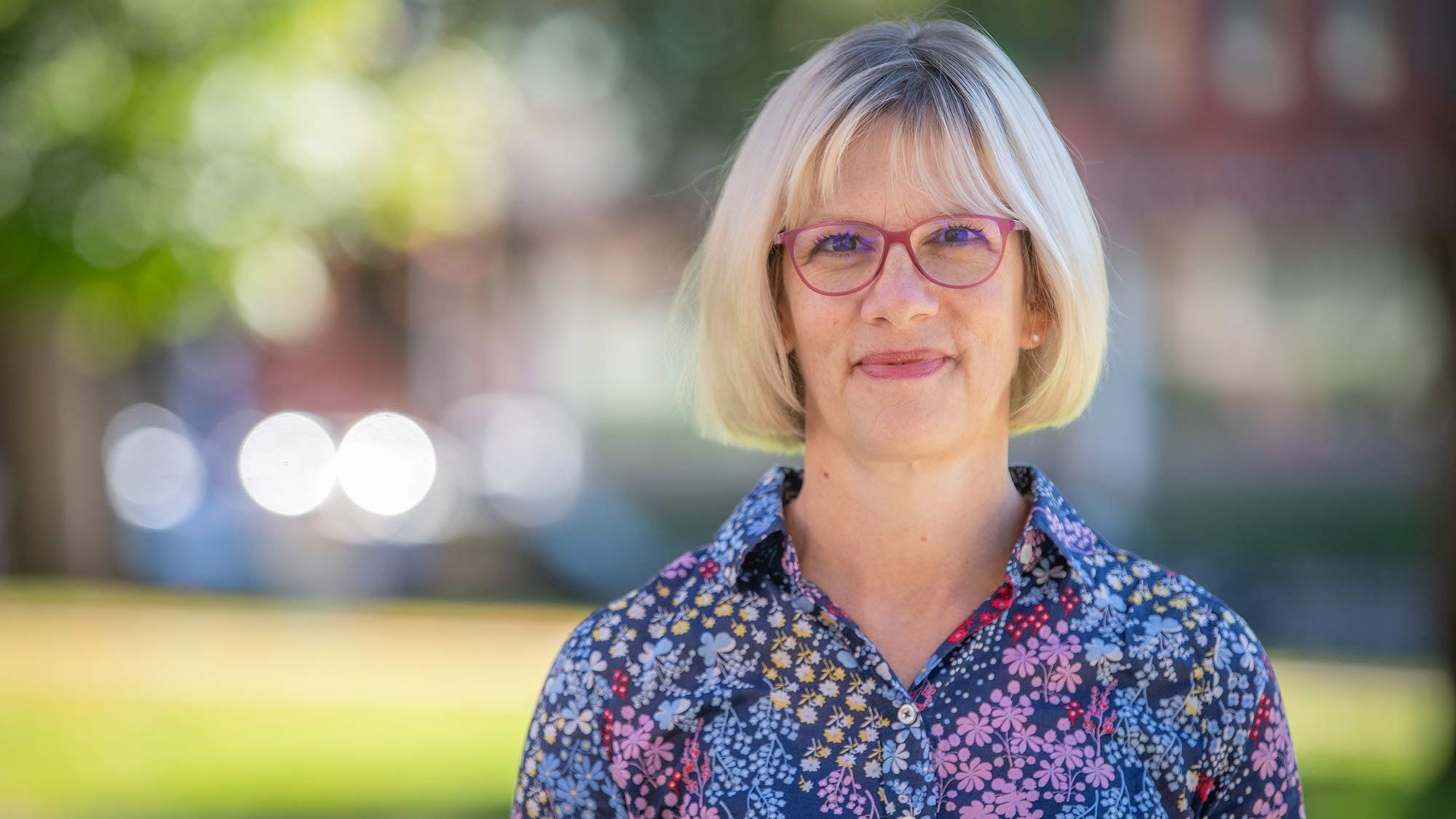How do you measure global health? How can partnerships work toward improving health outcomes that are more equitable? Anthropologist Ellen Foley works to elevate the voices of experts from the Global South who explore those questions.

“There’s been a huge movement to decolonize global health.”
Ellen Foley, a professor in Clark’s Department of Sustainability and Social Justice, and Tsitsi Masvawure, a professor at WPI, are medical anthropologists who study health in Africa and HIV and co-editors of “The Routledge Handbook of Anthropology and Global Health.”
Their book explores the complex relationship between anthropology and global health, integrating the work of scholars from around the world who address rare diseases, HIV, health security, Indigenous communities, decolonizing global health, and more.
“There’s been a huge movement to decolonize global health,” says Foley. “This should not be about wealthy Western or Northern countries coming to help and bringing money and expertise. I think all the stakeholders should be at the table at every stage.”
Global health can be improved everywhere, the authors insist.
“You can look at a place like Senegal or Zimbabwe and measure the burden of disease the population is facing and how their chances for a long and healthy life compare to someone elsewhere,” Foley says. “Of course, you can do the same thing in Worcester. In the south of Worcester, one zip code has an eight-year difference in life expectancy to another city zip code. These issues are right here, and you don’t have to go to Senegal or Zimbabwe to see how challenges play out.”

